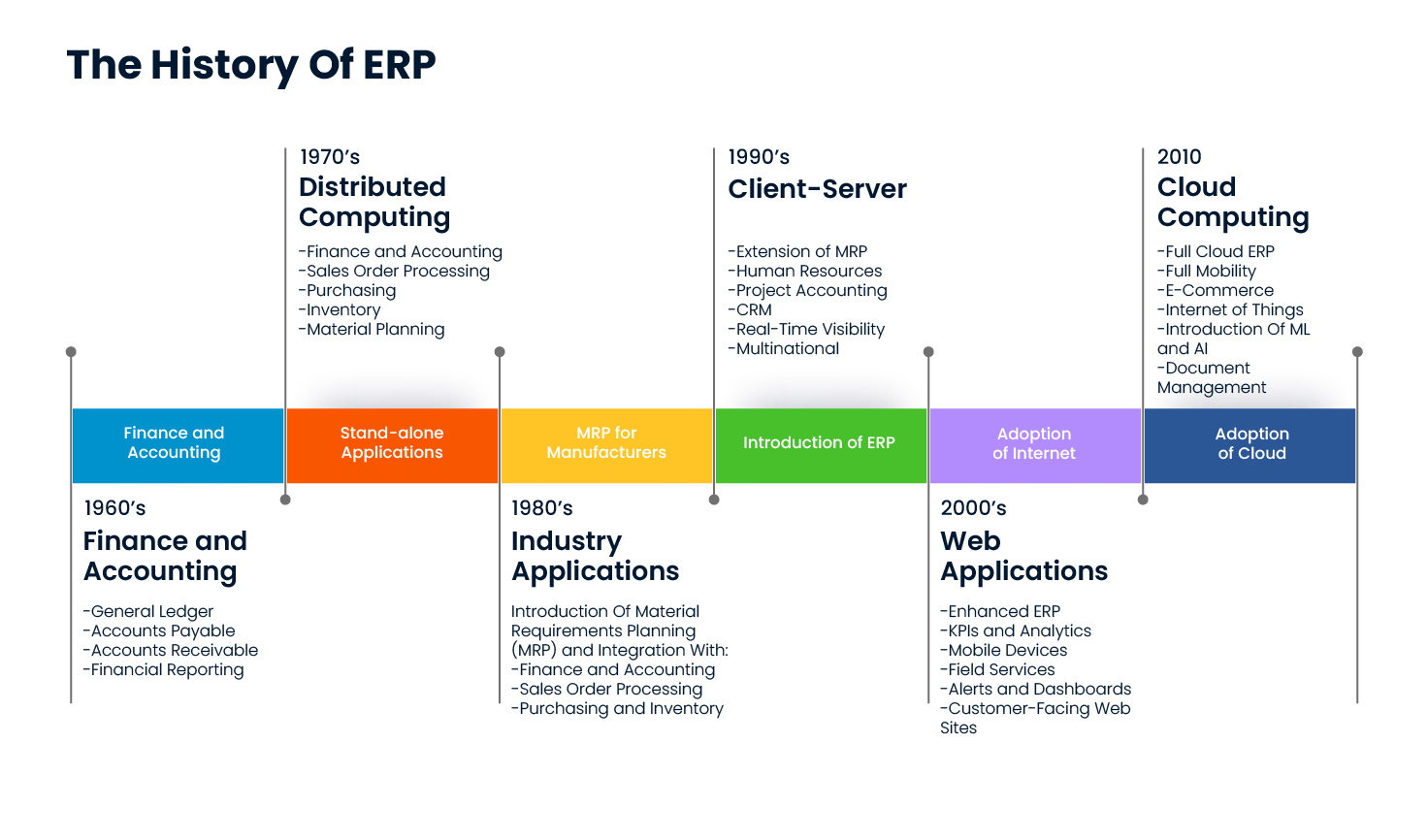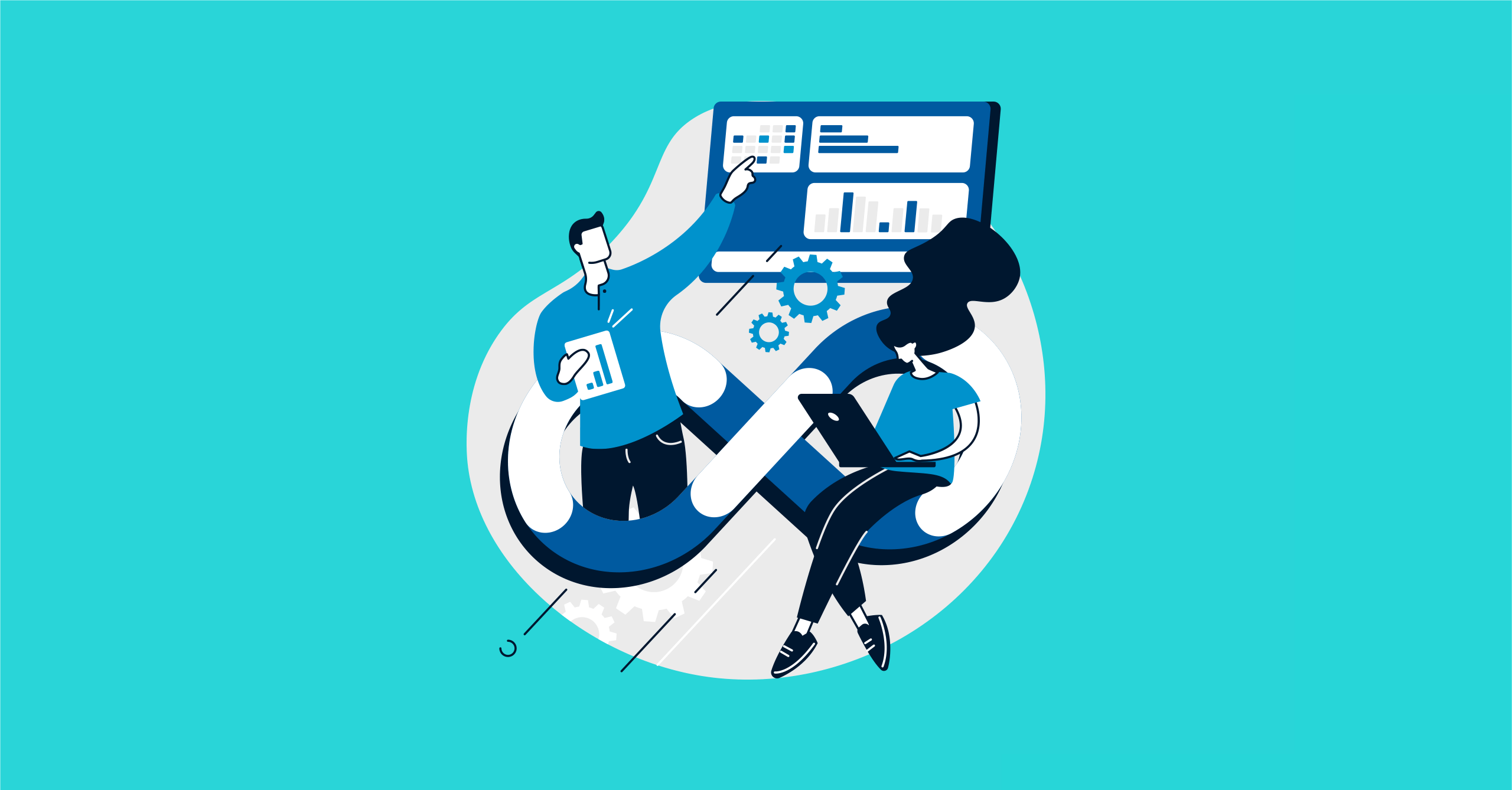What Is ERP ?
ERP is a centralized management platform that integrates all core business processes—including finance, accounting, human resources, manufacturing, inventory, sales, and supply chain—into a single, unified software system. By eliminating fragmented data structures, ERP systems establish a “Single Source of Truth” across the organization.
In short: Enterprise Resource Management is an integrated management system that unites all business operations into a single digital backbone.
What Does ERP Do?
Enterprise Resource Management offers businesses:
Reduced Manual Data Entry
Real-Time Reporting
Interdepartmental Data Consistency
Accelerated Strategic Decision-Making
For example:
The system sends an automatic alert when inventory levels drop.
Accounting records are automatically generated the moment a sale occurs.
Human Resources data works in seamless integration with the payroll system.
What Are the Core Modules of an ERP System?
Modern ERP softwares typically includes the following modules:
1️⃣ Finance and Accounting
General Ledger
Accounts Receivable & Payable (AR/AP)
Budget Planning
Cash Flow Management
2️⃣ Human Resources (HR)
Payroll Processing
Recruitment & Onboarding
Performance Management
Time & Attendance Tracking
3️⃣ Supply Chain & Inventory
Procurement & Sourcing
Warehouse Management
Order Fulfillment
Supplier Relationship Management (SRM)
4️⃣ Manufacturing & Production
Material Requirements Planning (MRP)
Shop Floor Control
Quality Management
Bill of Materials (BOM)
5️⃣ Sales & CRM
Lead & Opportunity Tracking
Customer Service Management
Sales Forecasting
E-commerce Integration
Historical Evolution of ERP

How Have ERP Systems Evolved in 2026?
If we look at how Enterprise Resource Management has evolved by 2026, modern systems now stand out with the following cutting-edge features:
AI-Powered Predictive Analytics
Automated Report Generation
Process Mining
Low-Code Architecture
API-First Integration
Cloud & Hybrid Infrastructure
Key Advantages of Implementing an ERP System
✔ Operational Efficiency Streamlining all processes through a single system significantly reduces time loss.
✔ Data Consistency Eliminates the need for redundant data entry across different departments, ensuring accuracy.
✔ Real-Time Reporting Empowers leadership with instant dashboards for faster, data-driven decision-making.
✔ Cost Control Reduces unnecessary expenditures through advanced inventory optimization and resource planning.
✔ Scalability As your company grows, the ERP system expands seamlessly with its modular architecture.
What are the Different Types of ERP?
🔹 On-Premise ERP Installed and managed on the company’s internal physical servers.
🔹 Cloud ERP Accessed via the cloud through a subscription-based model (SaaS).
🔹 Hybrid ERP A flexible model that combines both cloud-based and on-premise systems.
Who is ERP Suitable For?
Growing SMEs
Multi-departmental Enterprises
Manufacturing Firms
Companies with Complex Inventory
Organizations Escaping “Excel Hell”
Signs Your Business Needs an ERP System:
If your business is experiencing the following, an ERP system is no longer an option—it’s a necessity:
Data Redundancy
Reporting Bottlenecks
Communication Silos
ERP & AI Integration
Modern Enterprise Resource Management solutions offer:
Sales Forecasting
Inventory Risk Analysis
Supply Chain Projections
Financial Anomaly Detection
This shift empowers managers to make data-driven decisions rather than relying on intuition.
The ERP Implementation Lifecycle
Needs Analysis: Identifying business requirements.
Process Mapping: Visualizing current and future workflows.
Module Selection: Choosing the right tools for your needs.
Data Migration: Transferring existing data to the new system.
User Training: Ensuring staff can use the system effectively.
Go-Live: Launching the system into full production.
The most critical factor for a successful ERP project: Accurate Process Analysis.
ERP & The Low-Code Approach
Sign | Example Explanation | How Does ERP System Help? | What Does Cheetah Low-Code Platform Add? |
Spends a lot of time on daily tasks | Monthly closing takes a long time, stock control is always done manually | It gathers all the work in a single system and automates the processes. | Processes can be designed in a few hours, implemented quickly, and accelerated. |
The data needed cannot be accessed instantly | The question “Which product earned how much?” cannot be answered immediately | All data can be accessed instantly, reports can be obtained with a single click | You can easily prepare your own report without requiring a code |
Loss of control in processes | Incorrect inventory, increased customer complaints, delayed deliveries | Processes become traceable from beginning to end, things get back on track | Inventory Management is provided error-free and fast |
Same information is entered repeatedly in different places | Different teams work in different systems, information does not match | Everyone works from the same system, information is entered once, risk of error is reduced | You can define access according to authorizations, all departments reach their needs instantly in your organization-specific application |
New ideas and opportunities are being missed | Teams are busy only running current jobs, there is no time for innovation | ERP makes suggestions with technologies such as artificial intelligence, paves the way for you | Thanks to its scalable structure, you can quickly implement new modules |
Data is scattered, planning becomes difficult | Past data cannot be analyzed, clear reports cannot be obtained | ERP keeps all data digitally, decisions are based on data, | By creating a digital memory; you can make reporting and past-future scenario comparisons |
Conclusion
Enterprise Resource Management is a centralized management system that integrates all business resources and accelerates decision-making processes.
In 2026, competitive advantage is no longer about simply collecting data; it is about transforming data into actionable intelligence.
A well-structured ERP system serves as the digital backbone of an enterprise, laying the foundation for sustainable growth.

